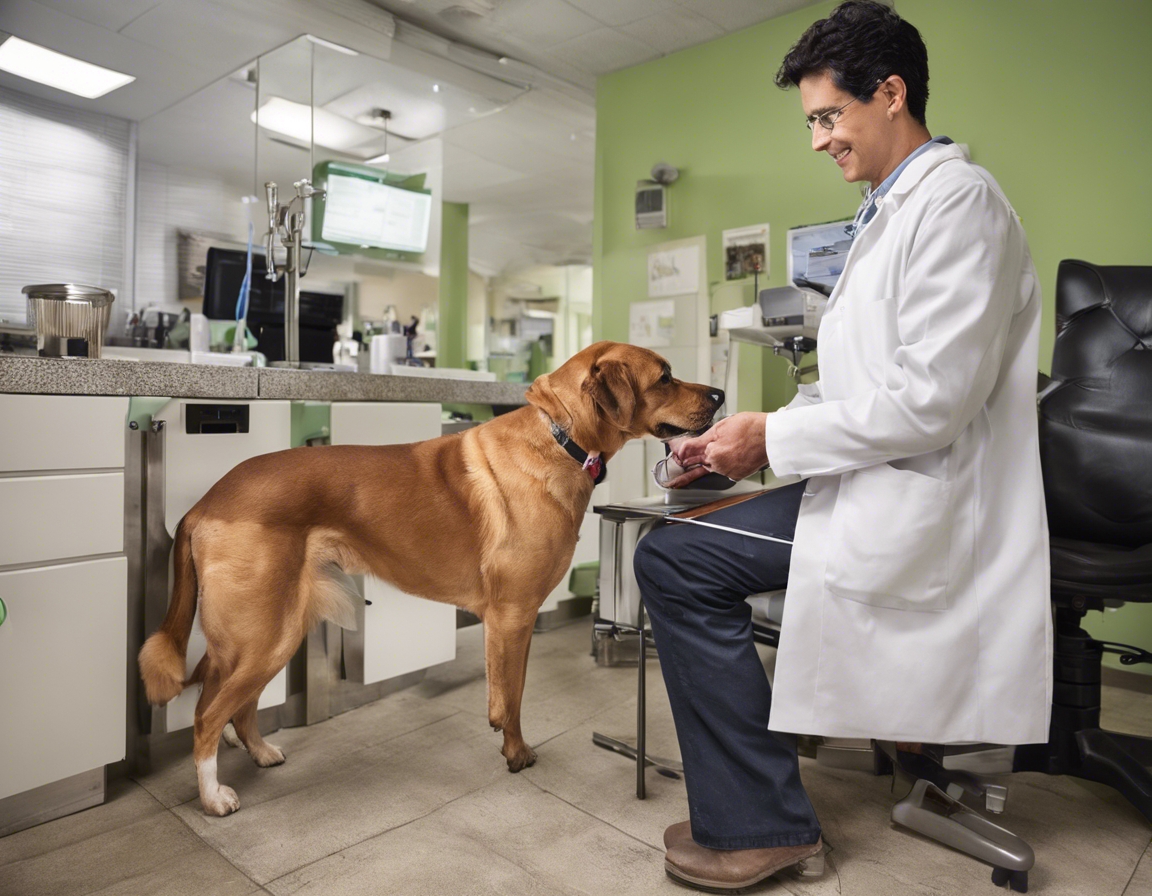Managing your pet's dental health
Just like humans, pets require regular dental care to maintain their overall health. Neglecting your pet's dental health can lead to more than just bad breath; it can cause serious health complications. In this comprehensive guide, we'll explore the essentials of managing your pet's dental health.
Proper dental care is crucial for pets. It helps prevent the buildup of plaque and tartar, which can lead to periodontal disease, tooth loss, and can even affect the heart, liver, and kidneys.
Pets can suffer from a variety of dental issues, including periodontal disease, tooth fractures, and abscesses. Understanding these common problems is the first step in prevention.
Signs of Dental Disease in Pets
Recognizing the signs of dental disease early on is vital for the health of your pet. Here are some symptoms to watch for:
While pet breath isn't expected to be fresh, excessively foul breath could indicate dental disease.
If your pet shows reluctance to eat or chews on one side, this may be a sign of dental discomfort.
Yellow or brown buildup on the teeth and red, swollen gums are clear indicators of dental issues.
Preventive Measures for Pet Dental Health
Prevention is always better than cure. Here are some steps you can take to ensure your pet's mouth stays healthy:
Annual dental check-ups with a veterinarian are essential for maintaining your pet's dental health.
Learn proper teeth cleaning techniques to use at home to help reduce plaque and tartar buildup.
Certain diets and chews are designed to promote dental health and can be a beneficial part of your pet's dental care routine.
Professional Dental Cleaning and Treatment
Even with diligent at-home care, professional cleanings are necessary to remove plaque and tartar that brushing can't reach.
A professional cleaning typically involves an examination, scaling, and polishing, often under anesthesia.
After a professional cleaning, it's important to follow your vet's recommendations for follow-up care and monitoring.
Home Dental Care Tips
Implementing a home dental care routine is an excellent way to support your pet's dental health.
Regular brushing can significantly reduce the risk of dental disease. Use a toothbrush and toothpaste designed for pets.
There are many products available that can help reduce plaque and massage the gums while your pet plays or chews.
Consider adding dental health supplements to your pet's water to help maintain oral hygiene.
Understanding the Risks of Neglecting Dental Health
Ignoring your pet's dental health can lead to serious consequences, affecting not just their mouth, but their overall well-being.
Periodontal disease can have systemic effects, potentially leading to life-threatening conditions.
Poor dental health can significantly impact your pet's quality of life, causing pain and affecting their ability to eat.






Comments (0)